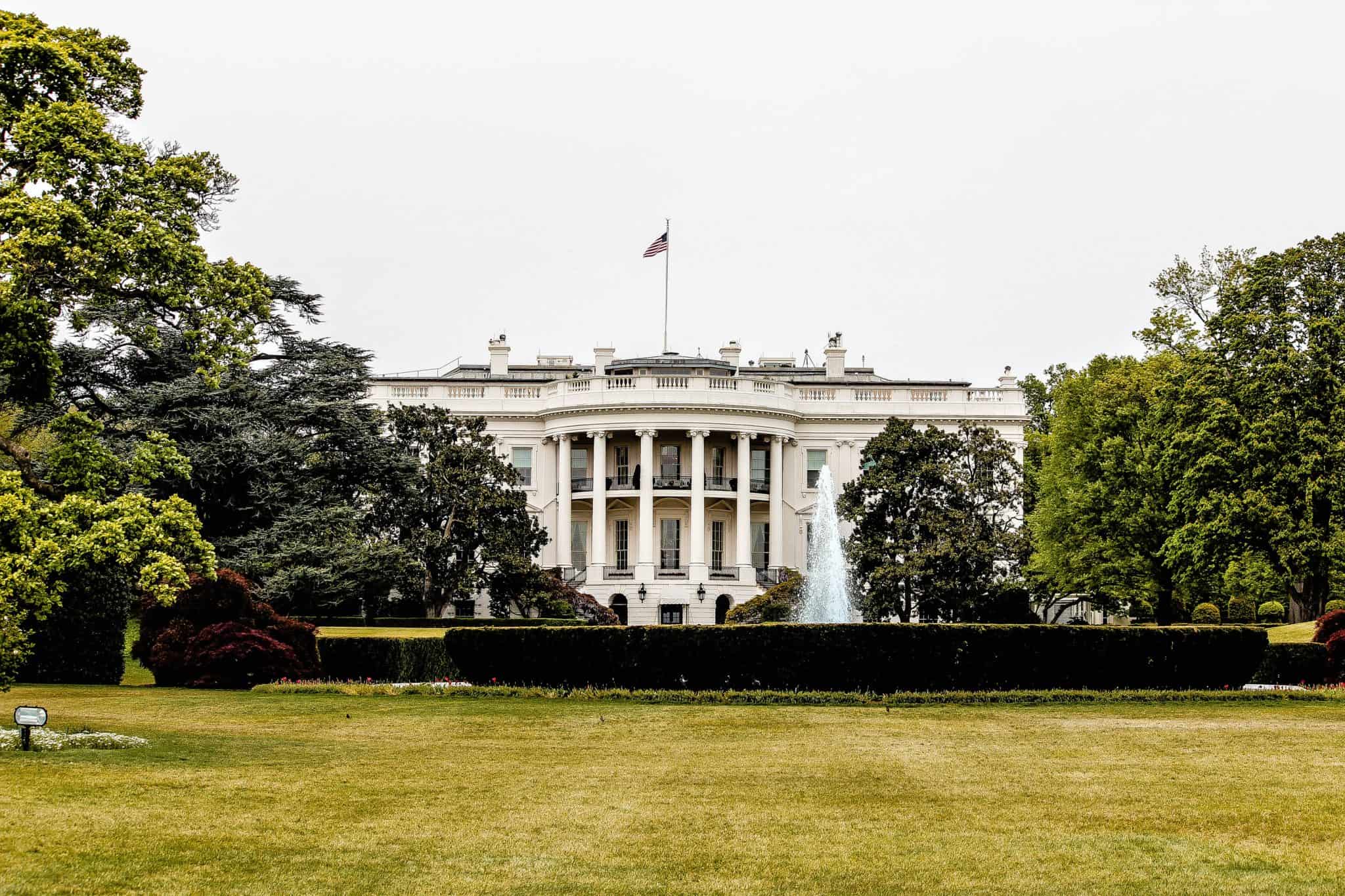Mackenzie Bouverat is a student at Harvard Law School.
Following the victory of President-elect Joe Biden, focus has pivoted away from the tumult of electoral politics to the work of governance. Given the likelihood of a Republican-majority in the Senate, the incoming Administration is likely to face difficulty enacting the more ambitious facets of his labor agenda, as Deanna wrote yesterday. However, observers are speculating about the various mechanisms–including more robust OSHA enforcement and pro-labor appointments to the NLRB–through which the President-elect could see through parts of his agenda without resorting to the legislative process.
Last Friday, the Labor Department announced the addition of 638,000 jobs last month—the sixth straight monthly gain—and the jobless rate fell a percentage point to 6.9%. Of the 22 million jobs lost in March and April, the job market has now recovered 12.1 million. But according to the Wall Street Journal and CNBC, this is little cause for economic optimism: the recent record-breaking explosion in new coronavirus infections is likely prompt cities and states to shutter businesses again and force consumers to stay at home, reducing spending and inducing employers to cut labor costs.
Federal stimulus relief talks remain at a bitter standstill, and the majority of commenters expect no significant progress on a bipartisan “lame duck” package until January. Mitch McConnell has already indicated his unwillingness to compromise with Democrats on a “big stimulus” bill, indicating that he believes that small package is sufficient in light of the better-than-expected jobs report.
During a disconcerting investor call last Thursday, Uber CEO Dara Khosrowshahi indicated that the ride-share company’s intention to extend Prop 22 to other states: “Going forward, you will see us more loudly advocate for new laws like Prop 22, which we believe strike the balance between preserving the flexibility that drivers value so much, while adding protections that all gig workers deserve […] We want to have a dialogue with governments [in] other states.” Anthony Foxx, chief policy officer at Lyft, expressed a similar desire to export the ballot measure in an interview last Wednesday with The Hill: “Ideally, now that this issue has been resolved in California we can have a broader conversation about how to replicate something like Prop 22.”






Daily News & Commentary
Start your day with our roundup of the latest labor developments. See all
November 20
Law professors file brief in Slaughter; New York appeals court hears arguments about blog post firing; Senate committee delays consideration of NLRB nominee.
November 19
A federal judge blocks the Trump administration’s efforts to cancel the collective bargaining rights of workers at the U.S. Agency for Global Media; Representative Jared Golden secures 218 signatures for a bill that would repeal a Trump administration executive order stripping federal workers of their collective bargaining rights; and Dallas residents sue the City of Dallas in hopes of declaring hundreds of ordinances that ban bias against LGBTQ+ individuals void.
November 18
A federal judge pressed DOJ lawyers to define “illegal” DEI programs; Peco Foods prevails in ERISA challenge over 401(k) forfeitures; D.C. court restores collective bargaining rights for Voice of America workers; Rep. Jared Golden secures House vote on restoring federal workers' union rights.
November 17
Justices receive petition to resolve FLSA circuit split, vaccine religious discrimination plaintiffs lose ground, and NJ sues Amazon over misclassification.
November 16
Boeing workers in St. Louis end a 102-day strike, unionized Starbucks baristas launch a new strike, and Illinois seeks to expand protections for immigrant workers
November 14
DOT rule involving immigrant truck drivers temporarily stayed; Unions challenge Loyalty Question; Casino dealers lose request for TRO to continue picketing